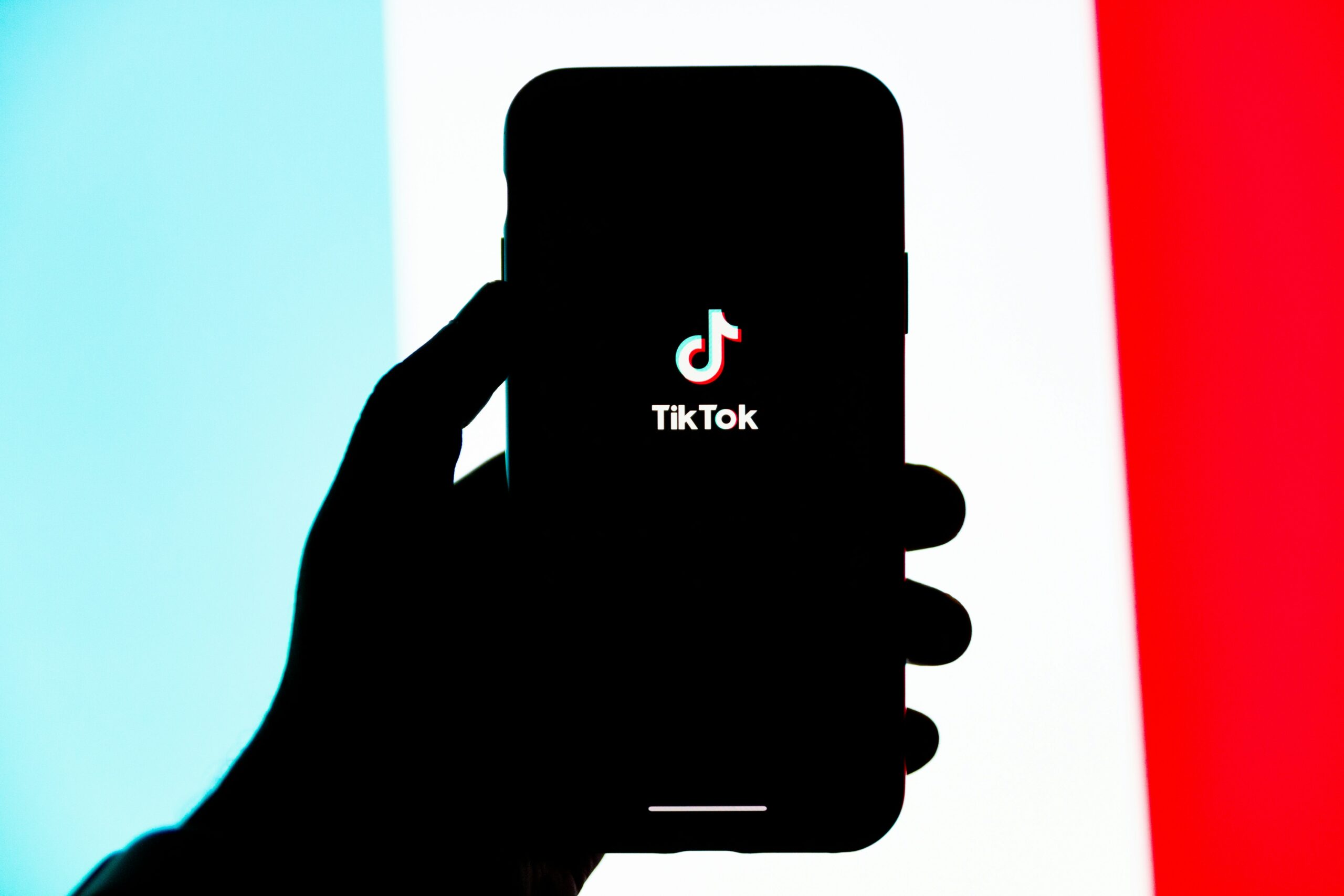
Photo by Solen Feyissa on Unsplash
Congress Passed a Potential TikTok Ban, Influencers Are Worried About Their Careers
April 24, 2024
As the potential TikTok ban in the U.S. could become a reality, TikTokers express growing worry over the “devastating” impact on their careers, with fears that the businesses they’ve built from the app would “shrivel and die,” as a result.
On Saturday, the U.S. House of Representatives took action by approving a new bill forcing the Chinese-owned ByteDance to sell its U.S. TikTok assets within 270 days or face the ban across the nation. The bill was included “as part of a wide-ranging foreign aid package meant to support Israel and Ukraine,” according to CNN, with the expectation that including the bill with the foreign aid would expedite its progress and increase the likelihood of its passage.
On Tuesday, the Senate passed the bill as well, and it now moves to President Joe Biden’s desk. Biden said he intended to sign the previous bill into law, which was stalled in the Senate after being passed by the House, so it is expected he will sign this new bill. If it passes, it sets the stage for a potential TikTok ban in the U.S. by 2025, although the process may extend beyond that timeline.
Despite the fact that this won’t happen overnight, creators are not pleased and view the move as hypocritical and a violation of their freedom of speech.
On the flip side, those who are in favor of this ban argue that TikTok might be forced to hand over user data to the Chinese government. They also express concerns about TikTok potentially manipulating or prioritizing certain topics under governmental influence. TikTok has consistently denied these claims and has taken steps to set itself apart from Byte dance.
Both TikTok and its users have taken up a fighting stance against Congress, with the platform encouraging users to contact their representatives and voice their opinions. Creators have energetically rallied against the bill, emphasizing what they perceive as the U.S. government’s hypocrisy. They argue that the focus is disproportionately on one app while other tech giants like Meta and Google remain untouched.
A creator on TikTok with 9 million followers, Leo LonDini, queried how other companies with partial Chinese ownership get to go ahead with business as usual.
A large amount of Apple products are made in China, and other examples of Chinese connections include Tencent, a Chinese company that has a share in Epic Games, Spotify, Warner Music Group, Universal Group, Snapchat, Tesla, and others.
LonDini said, “Listen, I don’t want any government, foreign or domestic, spying on me. And if our government could actually prove that Chinese companies are spying on us, well, then we have a decision to make, don’t we? Either we accept the risk, or we get rid of the app.”
Recent News
Google’s Antitrust Trial Teeters On
Google’s landmark antitrust case against the Justice Department has reached its final stage, sparking concern across Silicon Valley. Prosecutors argue that Google’s dominance in online search and search advertising markets is illegal, while Google maintains its superiority. The outcome, to be decided by US District Judge Amit Mehta, could have significant implications not only for Google but also for other tech giants like Apple, Amazon, and Meta.
Virgin Galactic’s Unity Spacecraft Nears Final Flight
Virgin Galactic has announced that its Unity spacecraft is set to embark on its last commercial journey, marking a significant milestone for the company. The Galactic 07 mission, scheduled for June 8, will be the 12th and final flight of the Unity spacecraft before Virgin Galactic shifts its focus to its new Delta-class spacecraft.
Apple’s Vision Pro Headset Dominates Enterprise Market
Apple’s Vision Pro headset, a mixed-reality spatial computing device, has found its way into the arsenals of more than half of the Fortune 100 companies, with over 50% investing in at least one unit. This revelation came during Apple’s first quarter 2024 earnings call, where CEO Tim Cook highlighted the enthusiastic reception of their products within the corporate sector.
Cinco de Mayo 2024: Food and Drink Specials
Cinco de Mayo isn’t just a celebration of Mexican-American culture; it’s also a day of fantastic deals and specials across the nation. This year’s festivities kick off with deals that last until May 5th. Here’s a list of some of the offers:

